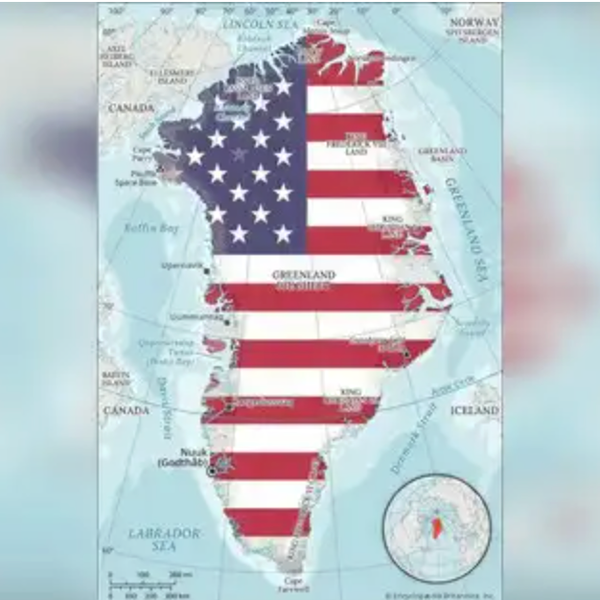Shortly after the cooling of the Earth — when I was still a young man — I worked around the country in political campaigns. One of the first rules of politics, my sainted precinct committeewoman had taught me, is that there was no such thing as a bandwagon effect in campaigns. She was right.
Still, self-anointed political sages, everywhere I traveled, would insist that “people around here like to be with the winner.” So, they argued, it was important that by leaking to the press polls favorable to their candidate and by publicizing the endorsements of their candidate by major public figures, the campaign would persuade voters that, long before the voting, the race was effectively over and they, the voters, had better hurry to get aboard the Victory Express. They were wrong.
Think about it. If the conventional wisdom proclaims that Smith is going to win the upcoming election and Brown is going to lose, which candidate’s workers will be motivated to work harder and to make more voter contacts, and which candidate’s supporters will be more inclined to think about what being on the winning side could mean for them personally?
Inevitability is not a winning campaign strategy. Take my word for it. In 1971, I was political director for the presidential campaign of an exceptional man, Sen. Edmund S. Muskie of Maine. Muskie was the strongest Democrat challenger, according to all the polls, when matched against the incumbent Republican in the White House, Richard M. Nixon. To demonstrate our candidate’s breadth of appeal and to discourage the other Democrats from seeking the nomination, we in the Muskie campaign rolled out as impressive an array of endorsements as anyone could remember.
There were distinguished figures from the FDR and Harry Truman administrations, Averell Harriman and Clark Clifford, along with a powerful array of Democratic governors (John Gilligan of Ohio, Milton Shapp of Pennsylvania, Wendell Ford of Kentucky, Cecil Andrus of Idaho, Calvin Rampton of Utah), as well as prominent U.S. senators, including Adlai Stevenson of Illinois, Phil Hart of Michigan, Tom Eagleton and Stuart Symington of Missouri, John Tunney of California and Harold Hughes of Iowa.
Just in case you might have forgotten 1972 history, long-shot underdog candidate Sen. George McGovern of South Dakota derailed the Muskie bandwagon and captured the Democratic nomination.
More recently, we had the inevitability of Hillary Clinton and former New York Mayor Rudy Giuliani, who, four years ago this month in the Gallup Poll, was leading the race for the GOP presidential nomination with 32 percent of the vote ahead of former Tennessee Sen. Fred Thompson, who had 23 percent. In third place was a cash-strapped John McCain with 15 percent, ahead of former Massachusetts Gov. Mitt Romney with 10 percent. Nearly out of sight with a paltry 6 percent was former Arkansas Gov. Mike Huckabee.
Less than three months later, Huckabee would win the Iowa presidential caucuses and McCain would win the New Hampshire primary.
Clinton in October 2007 led by the landslide margin of 44 percent to 19 percent over Barack Obama, some of whose supporters were openly questioning his strategy and style. Clinton’s nomination was a given.
Now we see the 2012 version of the Inevitability Strategy. After four polished, gaffe-free debate performances and after securing the ringing endorsement of his most charismatic potential challenger, New Jersey Gov. Chris Christie, Romney secured the blessing of former House Speaker Denny Hastert and respected Mississippi Sen. Thad Cochran, along with a team of the GOP’s leading fundraisers.
This race is far from over, however. Romney, who was at 30 percent among Republican voters in the July Wall Street Journal-NBC News poll and at 23 percent in August, remains at 23 percent in October. He and his people would do well to remember the inevitability of “Presidents” Ed Muskie, Rudy Giuliani and Hillary Clinton, and know that their opponents are right this minute scheming, dreaming, scrapping and sweating to prove there really is no bandwagon effect in American politics.
To find out more about Mark Shields and read his past columns, visit the Creators Syndicate web page at www.creators.com.
DISTRIBUTED BY CREATORS.COM COPYRIGHT 2011 MARK SHIELDS








